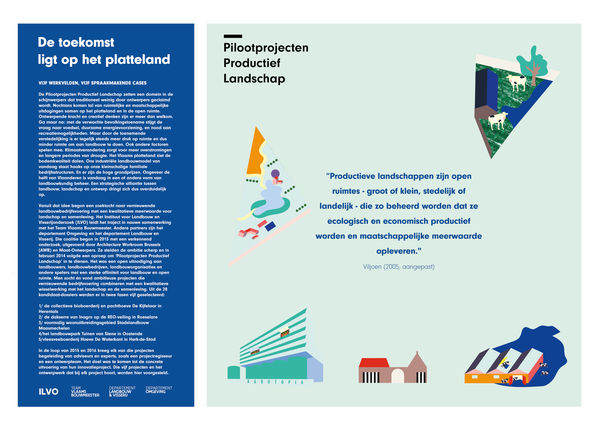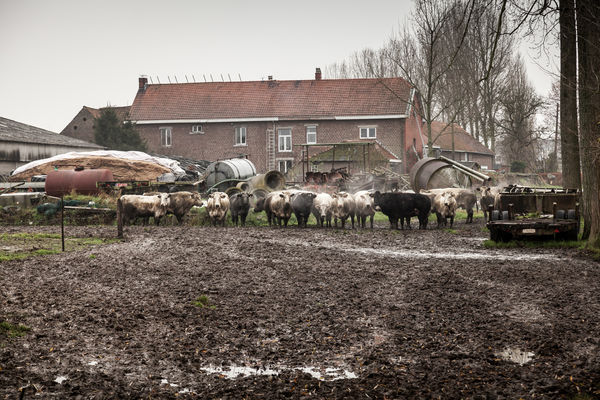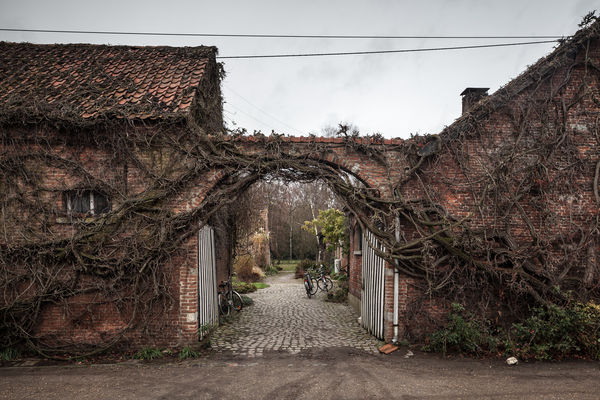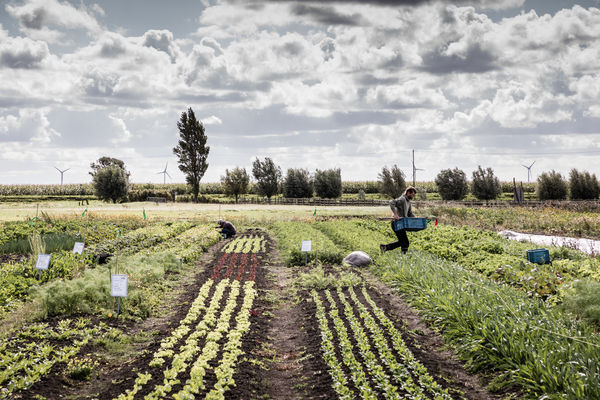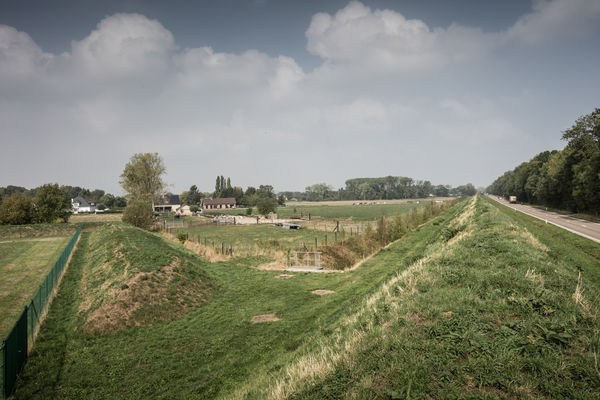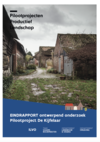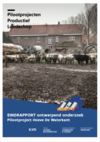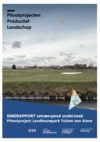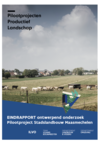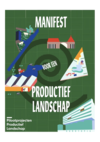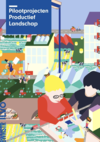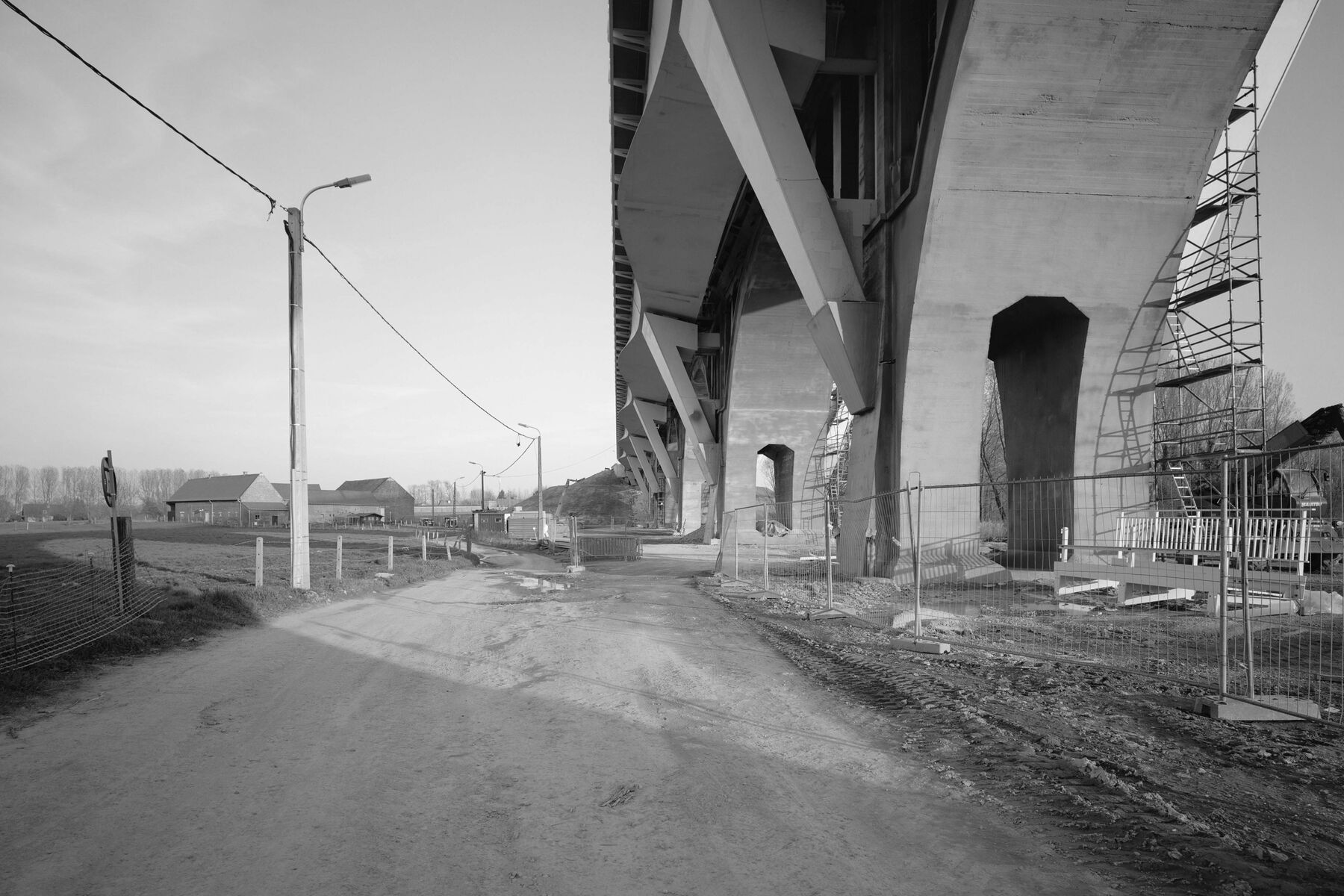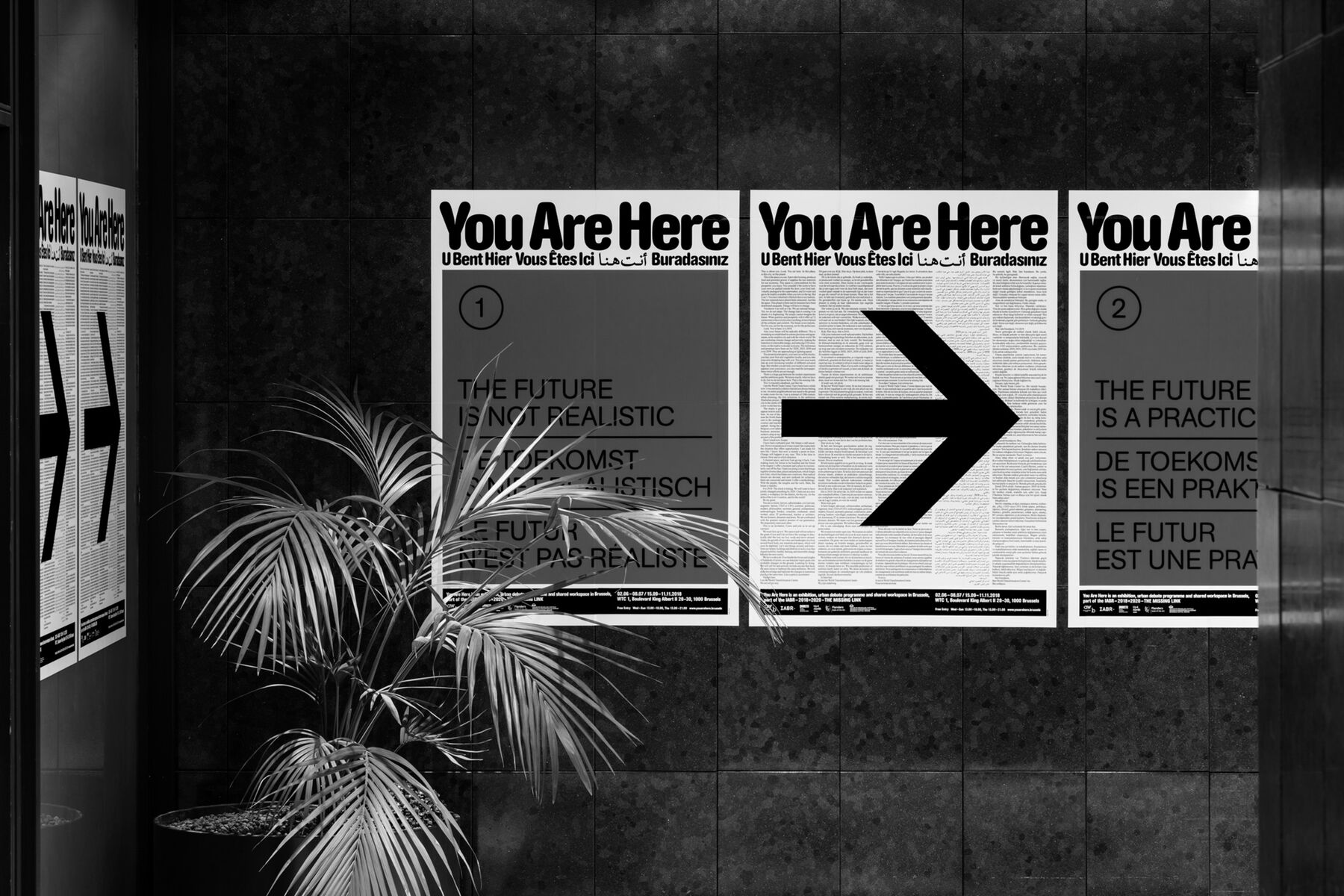Open space is crucial for the future of an urbanised Flanders. Keeping this open space open and continuing to manage it with care is necessary but certainly not straightforward. Almost half of the open space in Flanders is used for agriculture. This means that farmers are important partners in the challenges related to the open space. How could we give open space a boost through sustainable agriculture? This was a key challenge in the Productive Landscape pilot projects programme.
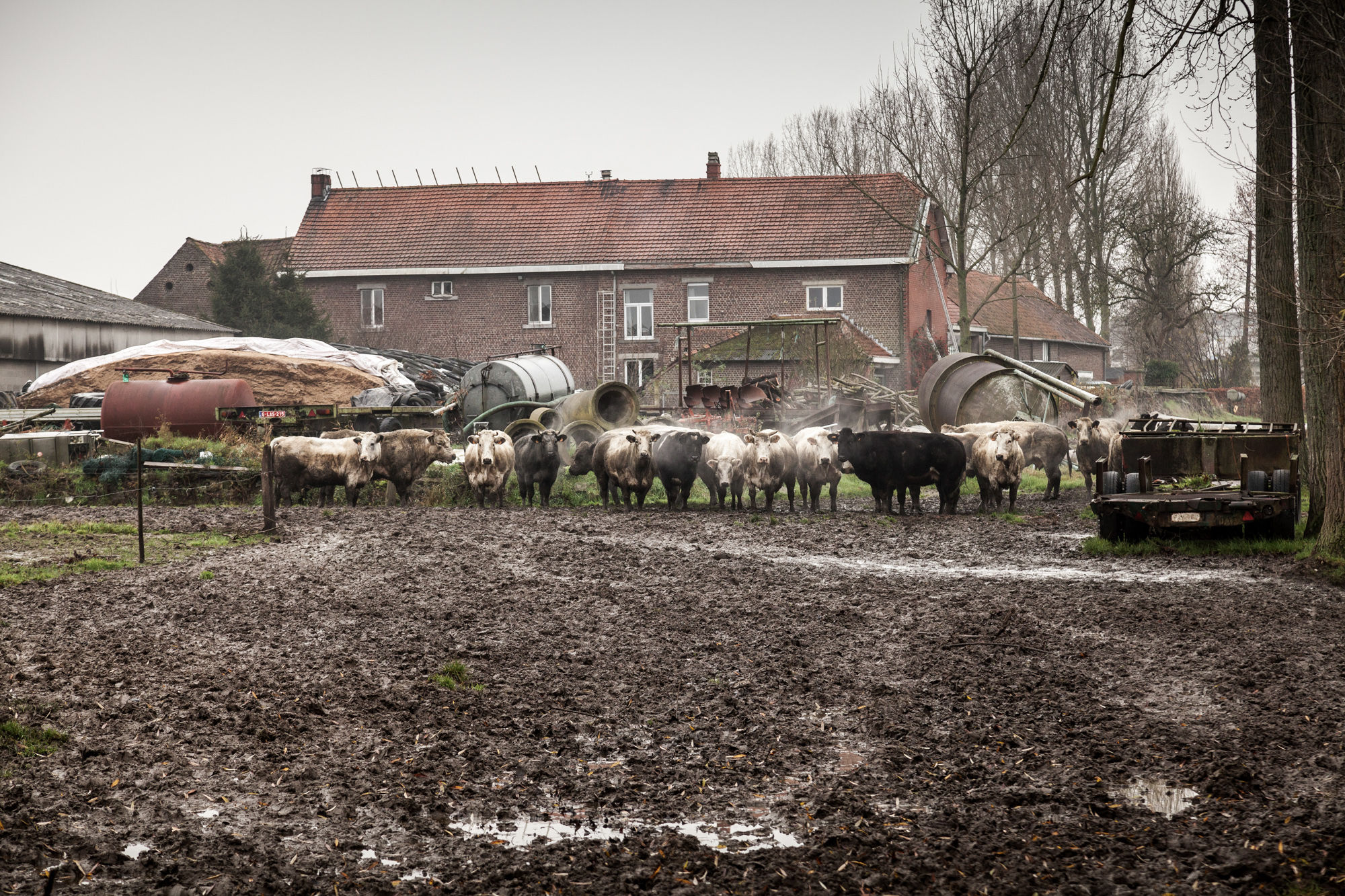
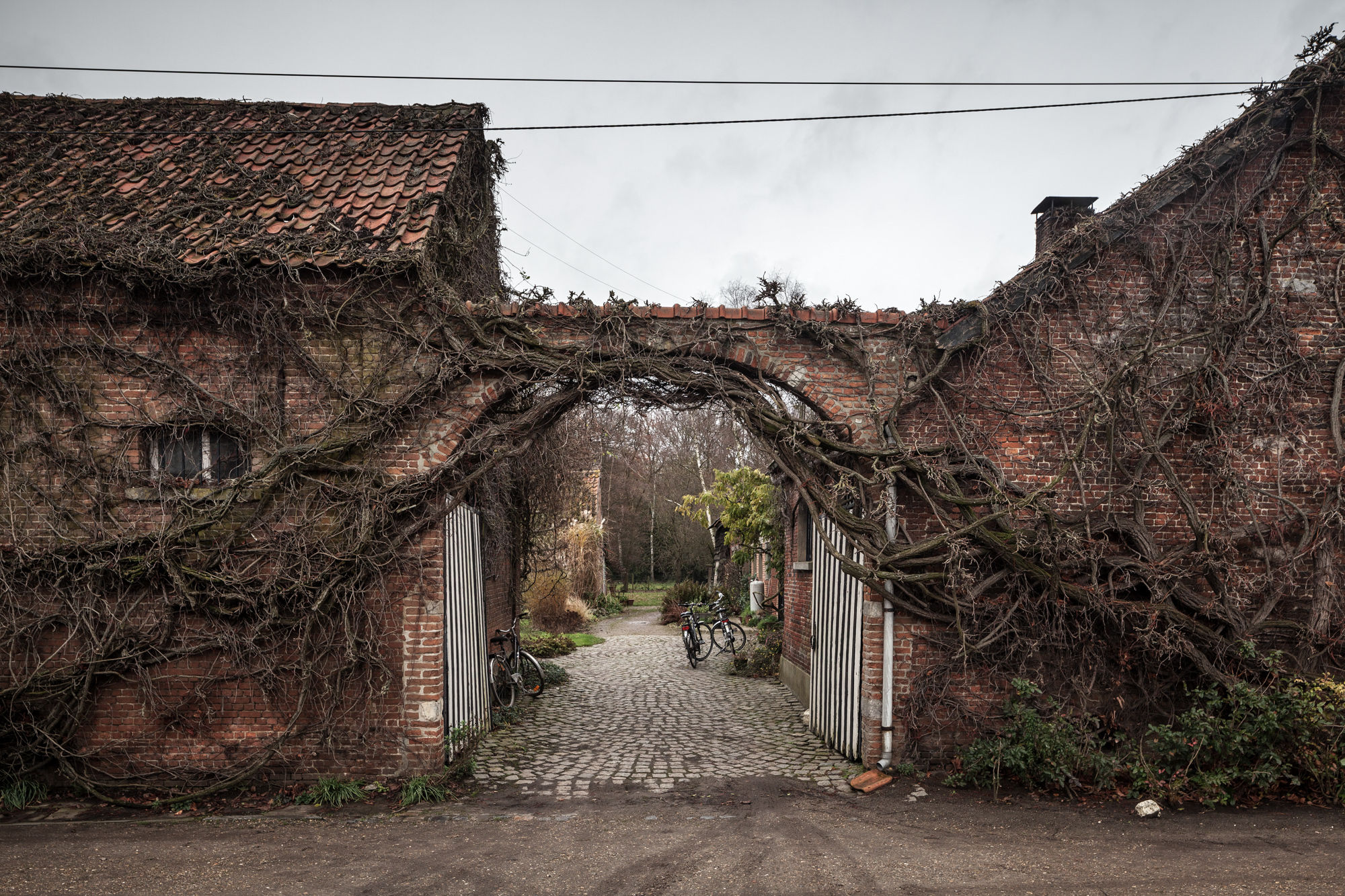
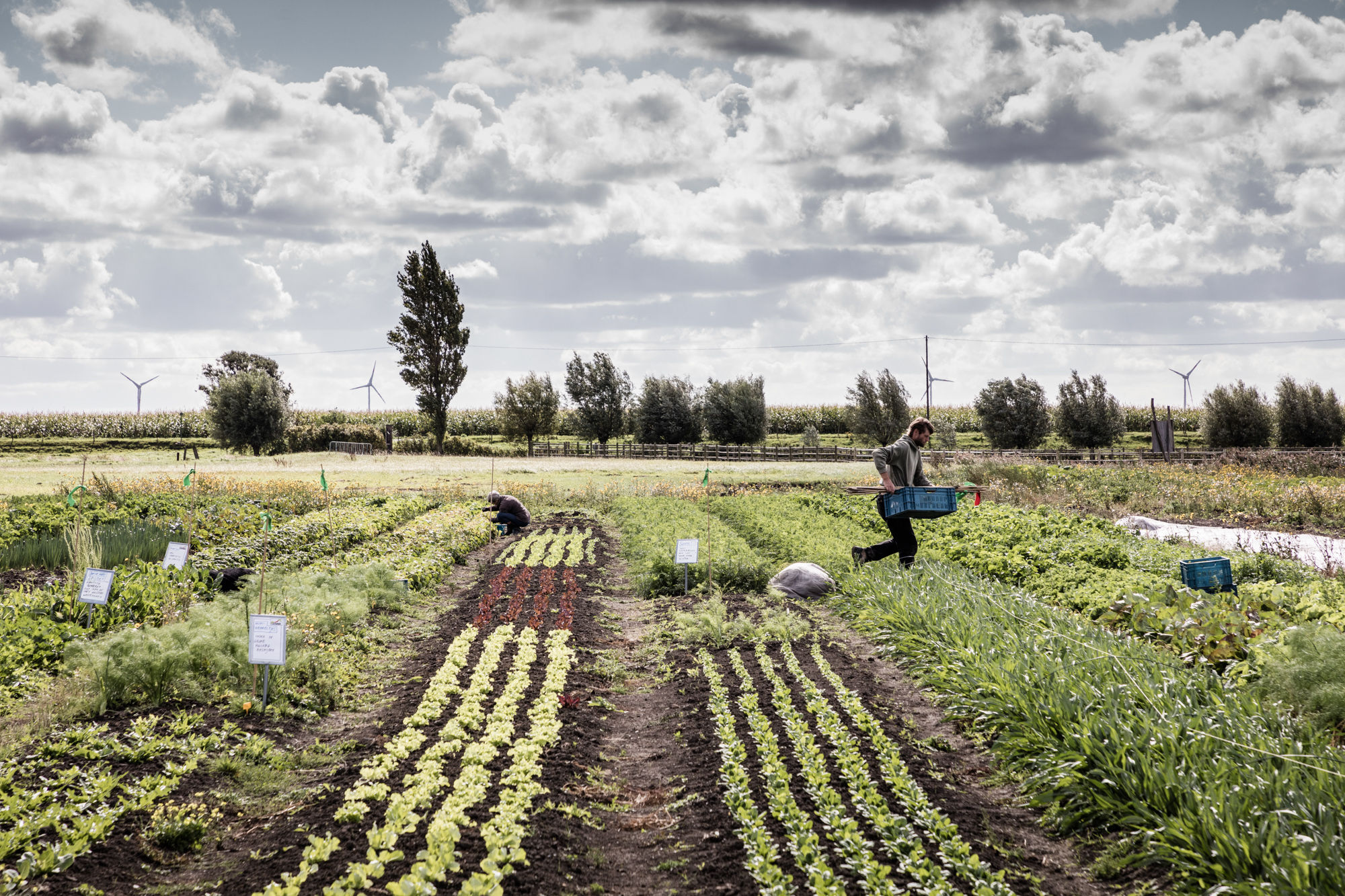
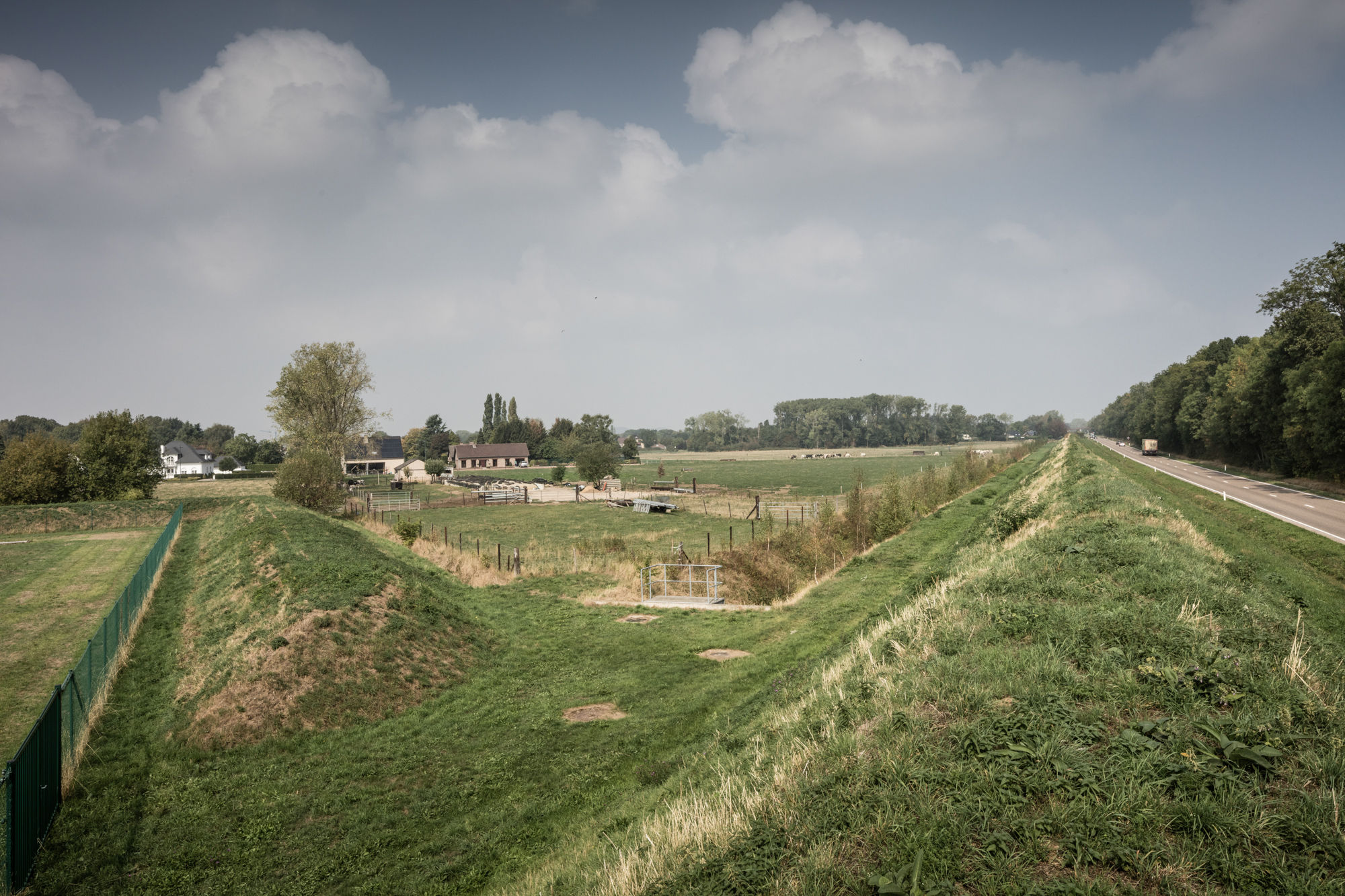
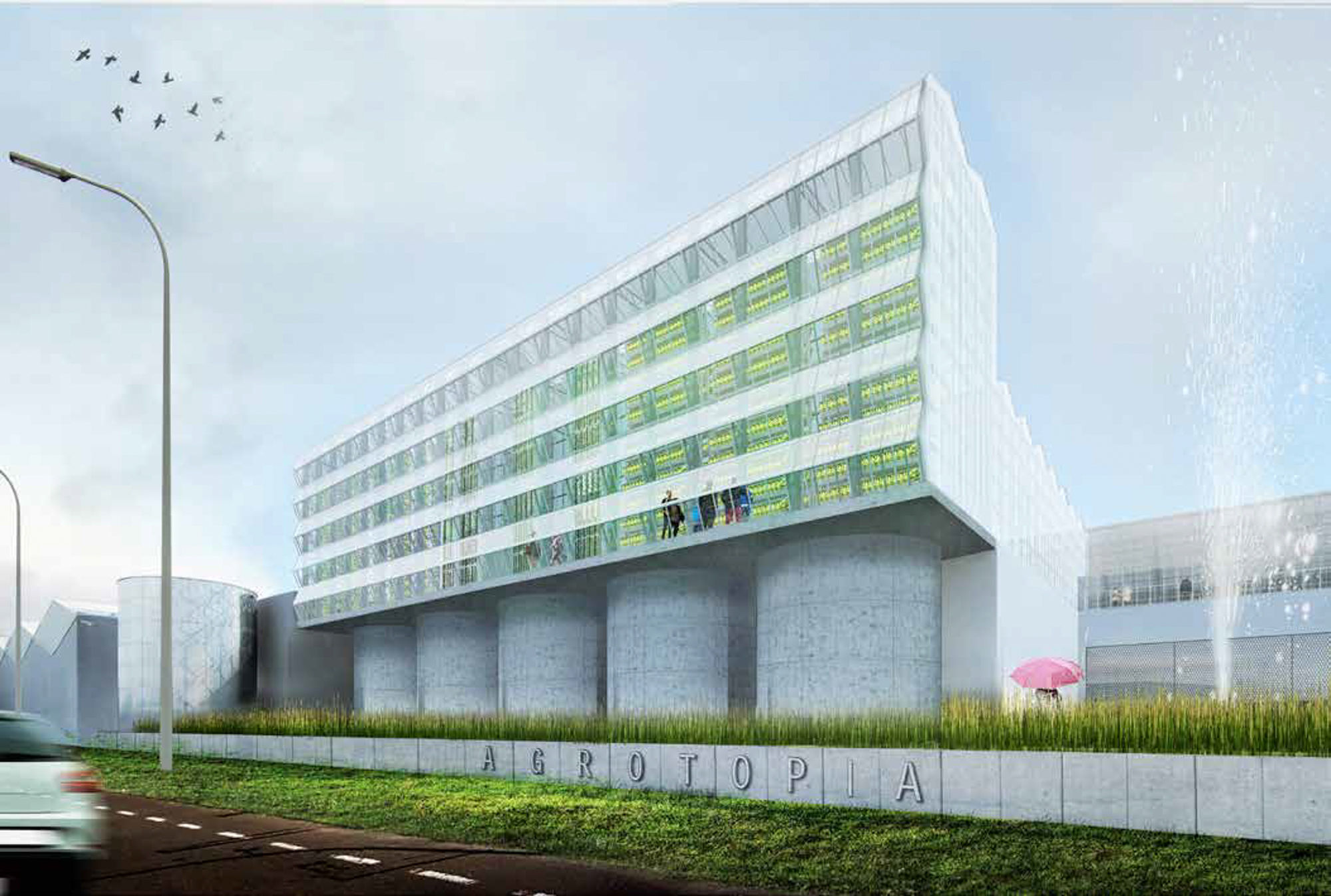
Commissioned by the Research Institute for Agriculture, Fisheries and Food and the Flemish Government Architect team, MAAT-Ontwerpers and Architecture Workroom Brussels are jointly conducting a study as a strategic exploratory phase for developing Productive Landscape pilot projects. The process focuses on productive landscapes, or open spaces that are managed in such a way that they become ecologically and economically productive and deliver social added value. Productive Landscape pilot projects generate interesting interaction between the agricultural sector and planning policy.
The ultimate goal is to contribute to the expansion and support of resilient agriculture in a qualitative and robust open space, linked to a considerate and sustainable approach to the environment in which we live, and our natural resources. This means: the effective implementation of projects that serve as a model and play a pioneering role in constructing a productive, shared landscape, in achieving social gains, as well as in formulating policy recommendations that arise from the new insights.
A plan of action was developed for the strategic exploratory phase, in which three work areas are explored and continuously linked to each other: (1) thematic challenges and opportunities, (2) regional differences and systems and (3) options for development and business operations. By traversing these three work and knowledge areas this study aims to go further than a literature study or gathering existing expertise. The study strives to obtain a clear picture of the current mechanism of agriculture and food production in Flanders – including trends, challenges and opportunities – to subsequently elaborate a prospective framework for alternatives.
Climate agreements, sustainable development and large-scale transitions in the agricultural sector, where, among other things, the number of farmers is drastically decreasing, require a proactive attitude. Therefore, existing agricultural systems as well as new agricultural models, types of businesses and activities were included in the study: farming cooperatives, shorter chains between the producer and consumer, urban-oriented farming, etc. These new models are necessary supplements to keep the farming space liveable. This led to the question of the form these new types could take and how they effectively contribute to the agricultural space. In order to find an answer five pilot projects were selected and elaborated using research by design.
The following five levers could help fully deploy the knowledge gathered. A productive landscape with sustainable food production needs:
1. Blue climate services: A resilient agricultural system creates climate opportunities by combining water and farming.
2. Support for transformation: structural support for farmers in their transition or on the road to socially desirable operations.
3. A food director: make room for an urban food director.
4. Agricultural reconversion: Break the circle of non-agricultural reuse in the countryside.
5. Productive urban space: use the productive potential offered by cities.
In conclusion: the agricultural sector is constantly changing, as is society. Globalisation, climate change, increasing sustainability, urbanisation and population growth are a few trends that demand space and have an impact on agricultural activities. Farmers have to constantly adapt, but these adaptations are impeded because individual interests do not always coincide with collective interests, or because many successive decisions by private and public parties restrict the playing field.
The current internal driving force behind urbanisation must not be allowed to continue in the countryside and opportunities must therefore be explored for agricultural reconversion via reversible construction. Lastly, the Productive Landscape pilot projects demonstrate that a lot of useful synergy is created by bringing the two worlds of farming and design together. More design from, for and with farming continues to be useful and necessary. Design of the open, rural space remains a largely unknown discipline in Flanders. Nevertheless, a great deal of further expertise can be acquired that offers a lot of options for a sustainable future.
